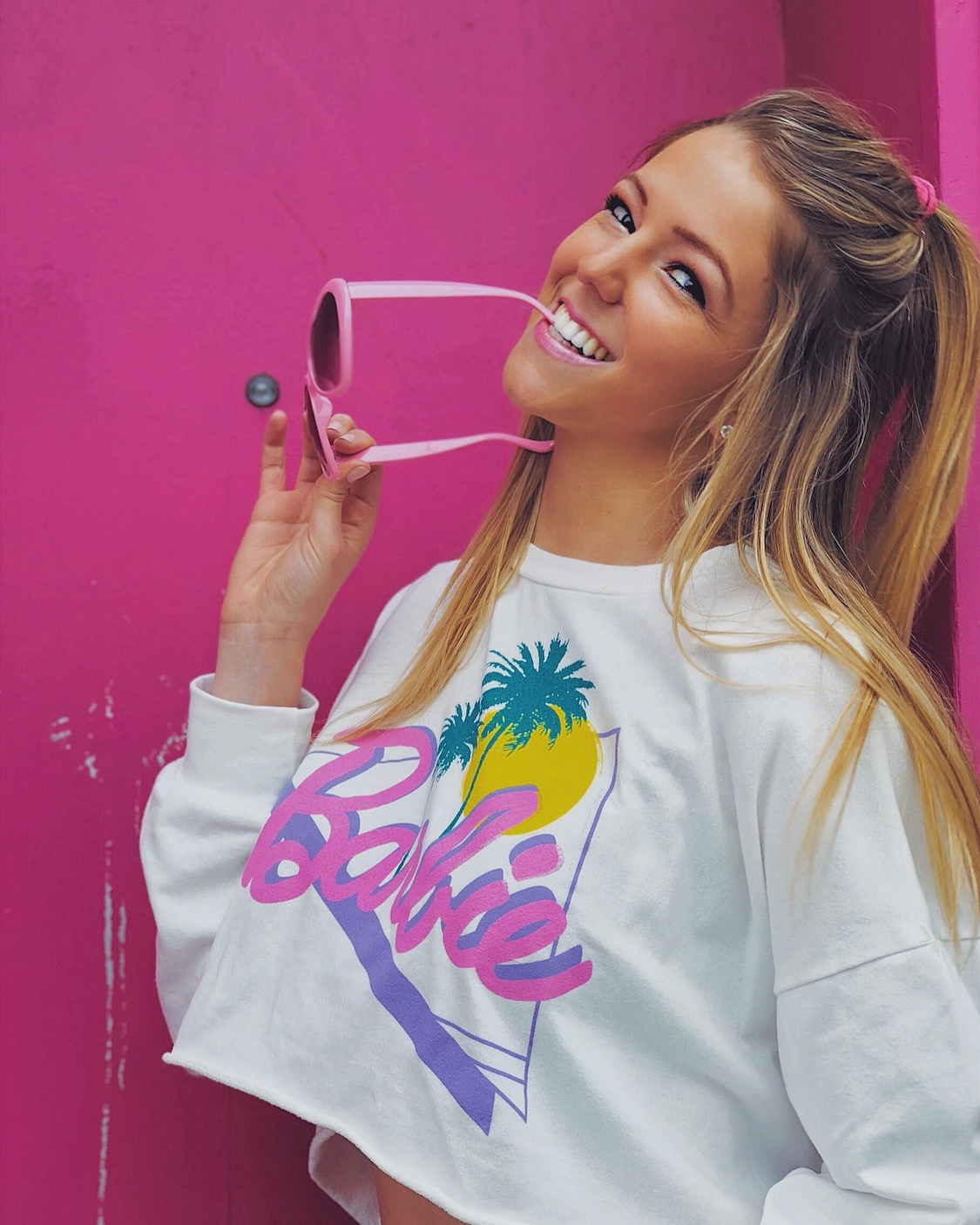"Sorry, that's not in stock... but we can order it online for you." -- Blockchain x E-Commerce
Picture this: You have a date on Friday. A date you’re actually excited for (finally!), so you want to look good. You take one look at your closet and see the same outfits you’ve already posted on Instagram and think, “UGH, I HAVE NOTHING TO WEAR!”
You are left with two options: 1) head to the mall or 2) browse the web. If I proposed these two scenarios 10 years ago, the mall would be a no brainer. In today’s day and age, however, the answer is not always so simple. With free two day shipping, filtering by size, and being able to have a tab for each of your favorite stores open at once, online shopping has the key to many people’s (especially Millennial and Gen-Z) hearts.
So, here we are, fully engulfed in the age of e-commerce.
What exactly is e-commerce? Anyone else feel like that is a word that’s just tossed around so casually, but really don’t know what it means? Same.
E-Commerce: the activity of buying and selling of products on the internet a.k.a. online shopping, but bigger.
In the past few years, the e-commerce space has been through many different transitions and innovations because they are #trendy, so it’s no surprise the industry is about to be disrupted again… by blockchain. Duh.
Let’s go back to basics. Although seriously, if you don’t know what blockchain is by now, go read The Blockchain Guide for (Not So) Dumb Blondes.
Anyways, a blockchain is essentially a decentralized and distributed digital ledger that is used to record transactions across many computers, or nodes, making it close to impossible to alter or change. It is a digital chain of encrypted, time-stamped blocks of transactions, linked in chronological order. By using a blockchain, many people can write entries into a record of information, allowing a community of users to see and control what information is stored. In fact, just as the Internet once did, blockchain can (and most likely will) impact just about every industry, including e-commerce… or as I like to call it, advanced online shopping.
Considering most people think blockchain and Bitcoin are the same thing, it’s pretty clear that Bitcoin and other cryptocurrencies are a good starting point for this e-commerce makeover. You know when you finally reach your check-out page for that new area rug you’ve been eyeing and you’re asked to pay with PayPal? Well, instead that could be Bitcoin, for example. You’re probably wondering why. I mean really, you still have to pay for the rug, so who cares. Well, actually the advantages benefit both the merchants and the customers. Some of these examples include decentralization, identity protection, faster transaction times, fraud reduction (ayo, no more stealing your info for purchases in Canada), ease of use, and so much more. Yay. Now it’s even easier to spend to spend my money… as if I needed an excuse.
Aside from decentralization and financial institutions, blockchain can add an unparalleled level of security to the e-commerce space. For one, blockchain-based currencies do not show personally identifiable information. Yeah, I think I’ll pass on that sketchy boutique in Asia from having all of my personal info. Thanks, but no thanks. From the business’s side, they can rest easy knowing cyber attacks are basically impossible with blockchain technology. Let’s be real, in today’s day and age, we can never be too safe. Probably not good for the biz if you leak customer data.
When it comes to the authenticity of products, consumers are demanding transparency and accurate information (remember Does that Lip Gloss Come in the Color…”Blockchain”?). Turns out, one of blockchain’s biggest draws is its ability to apply transparency to an industry, something e-commerce marketplaces could certainly use. Now, more than ever, people are looking deeper and deeper into how products are made, what they consist of, where they were produced and so much more. Sweatshops and hazardous chemicals are soooo out. People are no longer turning a blind eye – they will find an alternative. With blockchain technology, each step is tracked on the supply chain, all the way up until it’s in the consumers hands… or closet. Plus, all of the users have access to the info stored on the blockchain. I was always wondering who so perfectly sewed the buttons my favorite sundress. Perhaps I’ll send them a thank you for keeping me fabulous. Talk about credibility all around.
Like I said, transparency is huge and it’s not just in the quality of the product. Transparency can be established in many ways, including verification of product authenticity, fair reviews, ease of monitoring, and much more. You know how before you order a new curling iron, you read through the reviews? I mean, is this $135 wand really going to make me look like a beach babe, or am I doomed for Shirley Temple ringlets (Shirley Temple, forgive me, but that hairstyle no longer works for my age group). Well here’s a newsflash -- lots of reviews are fake. When it comes to a business and their reputation, genuine reviews are key. Aside from you getting the product you want, whether the review is good or bad, it may help determine its order of appearance on an e-commerce marketplaces -- like if it shows up on the first page of the Sephora site or if you need to go to page 5 to find it. Unfortunately, with the way things are set up today, fake reviews are very prevalent and they can totally tank a product’s reputation. To accurately verify a user, blockchain brings complete transparency and security to the table. Once data is stored on the blockchain and in a block, it can be added to other similar blocks, but it can never be altered or deleted. Not to mention, each block requires verification across a network of computers before it can be added to the chain. That’s like, a lot of steps just for one review. Anyways, once that digital map is created of a product, it cannot be modified. Fake reviews? More like fake news.
At the end of the day, blockchain technology is totally the answer for e-commerce platforms to get ahead, and stay ahead. Thanks blockchain, you literally are solving all of our problems. Kind of like your therapist.
** If you’d like to see my other version of this article, directed more towards those in the e-commerce workplace, check it out here. Plus, take a look at Avionos! Avionos designs and implements digital commerce and marketing solutions that deliver measurable business outcomes for clients.






